The term “Respektrente” has been chosen as the German Word of the Year, the jury of the Gesellschaft für deutsche Sprache (Society for the German Language, or GfdS) announced in Wiesbaden.
The word – combining the terms Respekt and Rente (pension) – characterizes one of the largest social and political discussions of 2019, said the GfdS.
“Respektrente” came about amid the planned introduction of a basic pension for men and women who receive only a small pension despite many years of employment.
READ ALSO: Grundrente: Merkel's coalition reaches deal on Germany's pension reform
It refers to pensioners being able to enjoy their retirement with dignity after many years of hard work.
In addition to representing an important topic, the term demonstrates the special ability of the German language to form almost unlimited new words by assembling existing words, said GfdS.
In particular, the term is associated with Federal Labour Minister Hubertus Heil of the Social Democrats (SPD). In the Grand Coalition’s debate about the planned basic pension, Heil has emphasized that “life's work deserves respect” since the beginning of the year.
Heil has also said: “Call it a respect pension or a justice pension”.
Second place in the annual competition goes to the word “Rollerchaos”. It refers to the numerous e-scooters found throughout Germany since June, when they’re usage officially came into law.
READ ALSO: Revealed: What you think of the rise of electric scooters in Germany
The increasingly popular scooters become a problem in many German cities because they are often used aggressively and parked in places where they shouldn’t be, the GfdS said.
Third place went to the Anglicism “Fridays for Future”. More than any other expression of this era, it stands for a young generation ready to take to the streets in the fight to take action on the climate crisis, said GfdS,
A new word every year

The German 'word of the year', dating back to 2006. Graph prepared for The Local by Statista.
Every year a new word is declared as the German Word of the Year, with Heißzeit taking the top spot last year.
The word refers to both the unusually hot and dry summer that stretched on between April and October in Germany, but also climate change in general.
With the phonetic resemblance to ice age (Eiszeit), the expression takes on an epochal dimension beyond the mere meaning of “period in which it is hot”, and possibly refers to a changing climate period, according to the jury in its reasoning.
Since 1977, the GfdS has selected a word annually in order to describe terms that have determined political, economic and social life in a special way.
The chosen words have often been created in the year of their selection to represent this.
“Jamaika-Aus” in 2017, for example, stood for the difficulty that Germany had in forming a coalition government following federal elections.
But other words have been long-standing terms that came into popularity following an event.
Flüchtlinge (refugee) was chosen in 2015 following the German government's acceptance of over a million asylum seekers into the country amid the war in Syria.

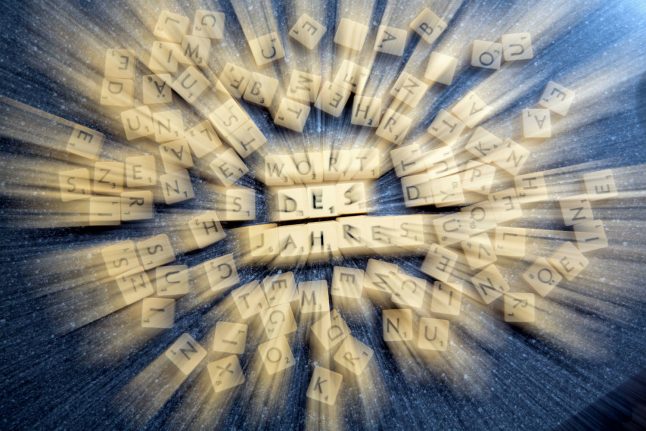
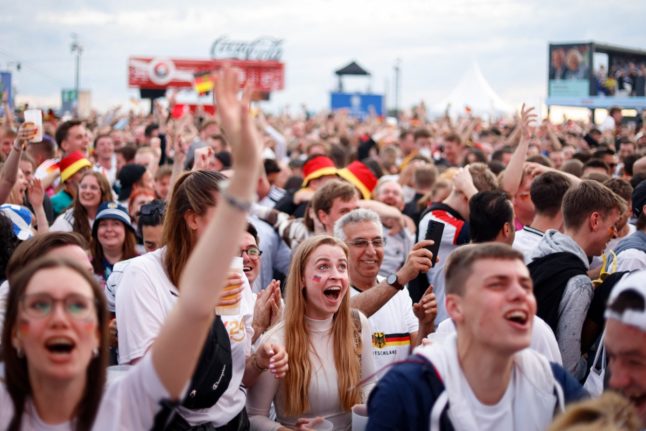
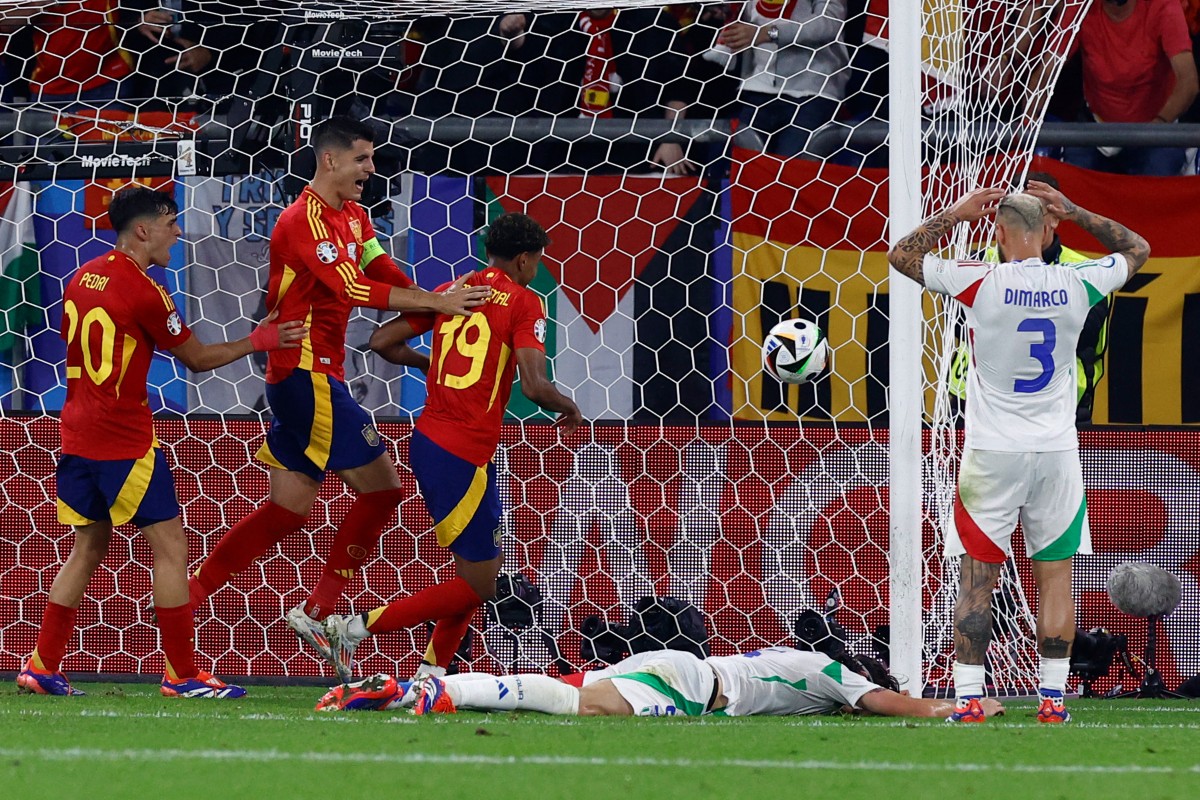
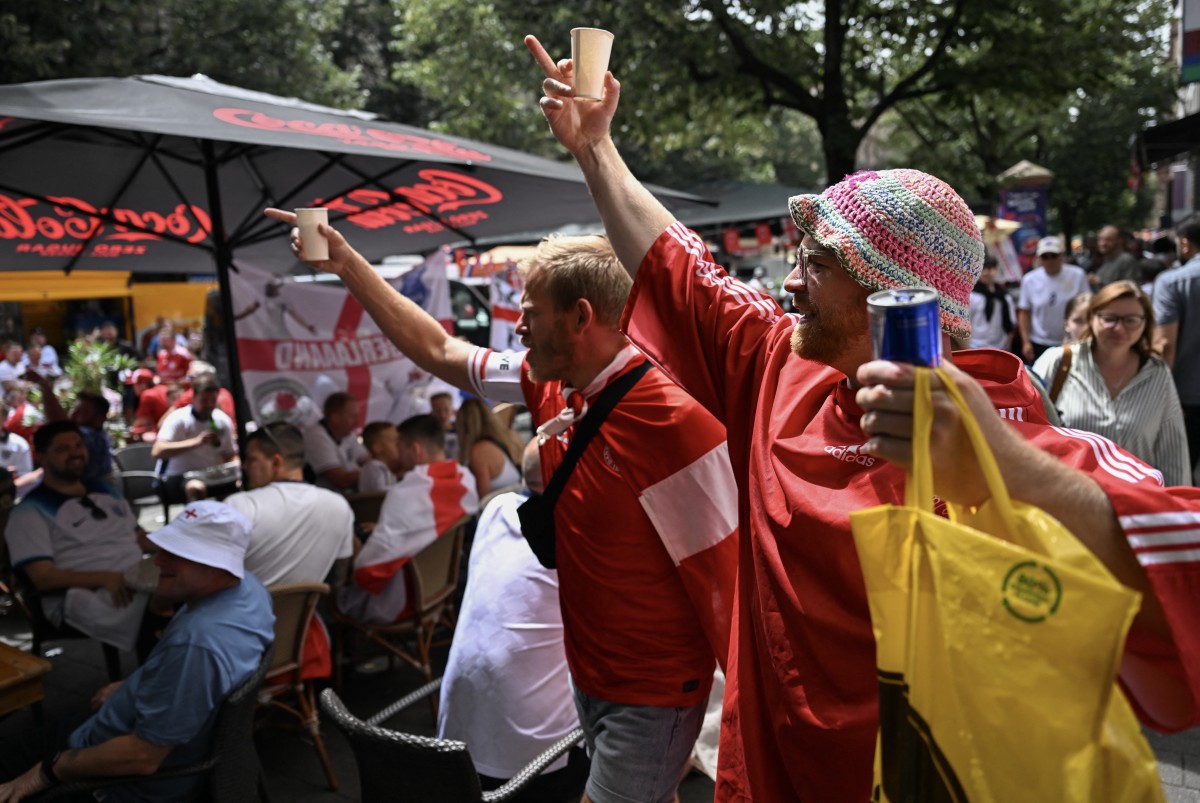
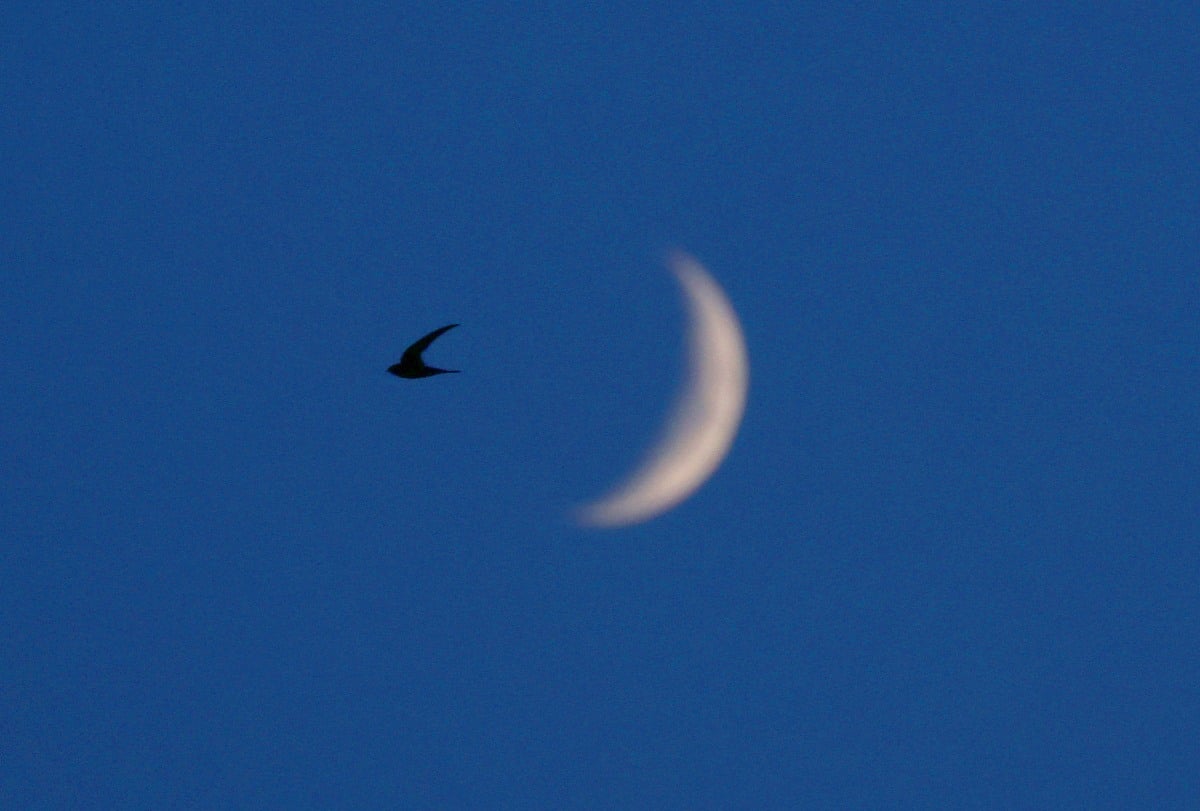
 Please whitelist us to continue reading.
Please whitelist us to continue reading.
Member comments